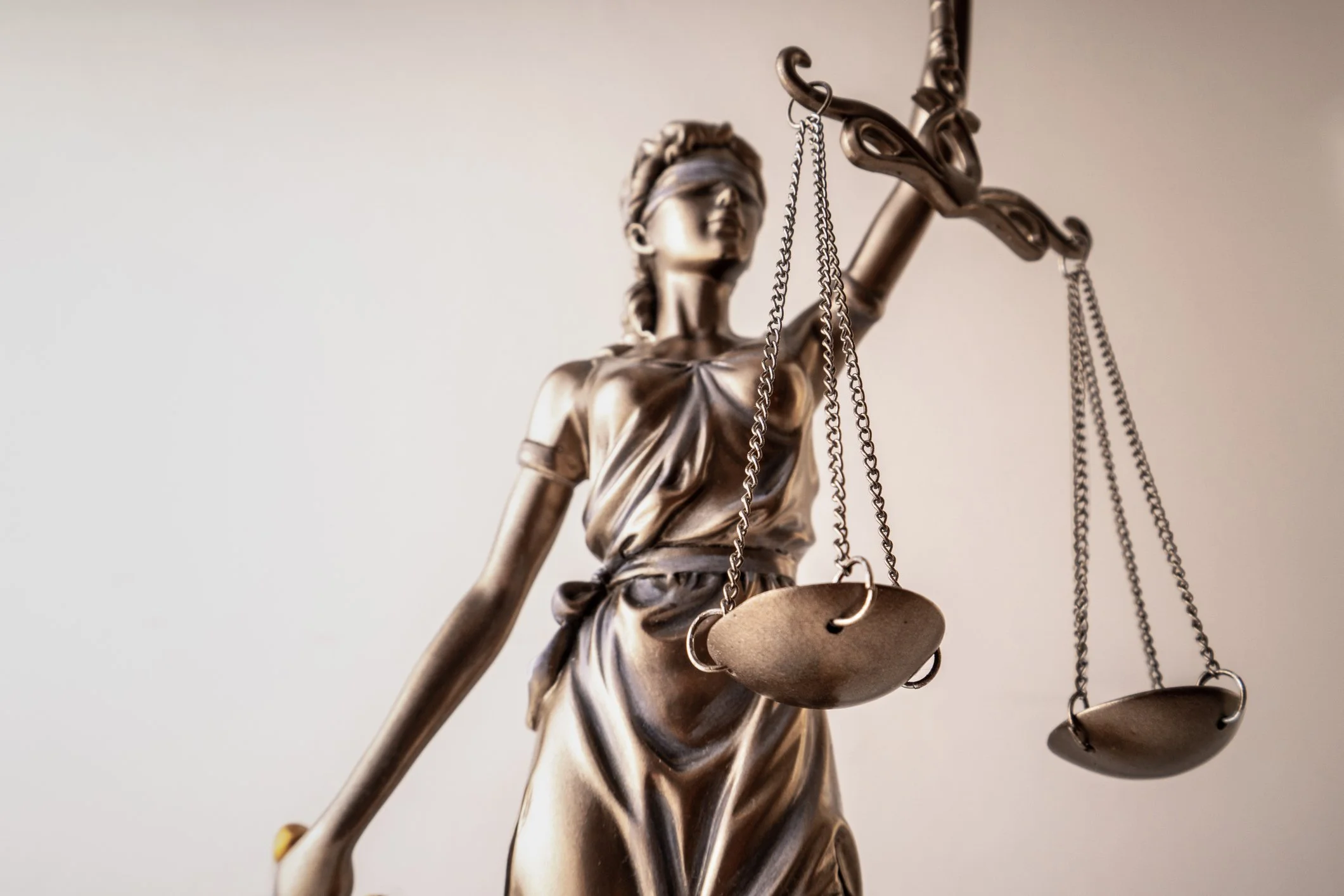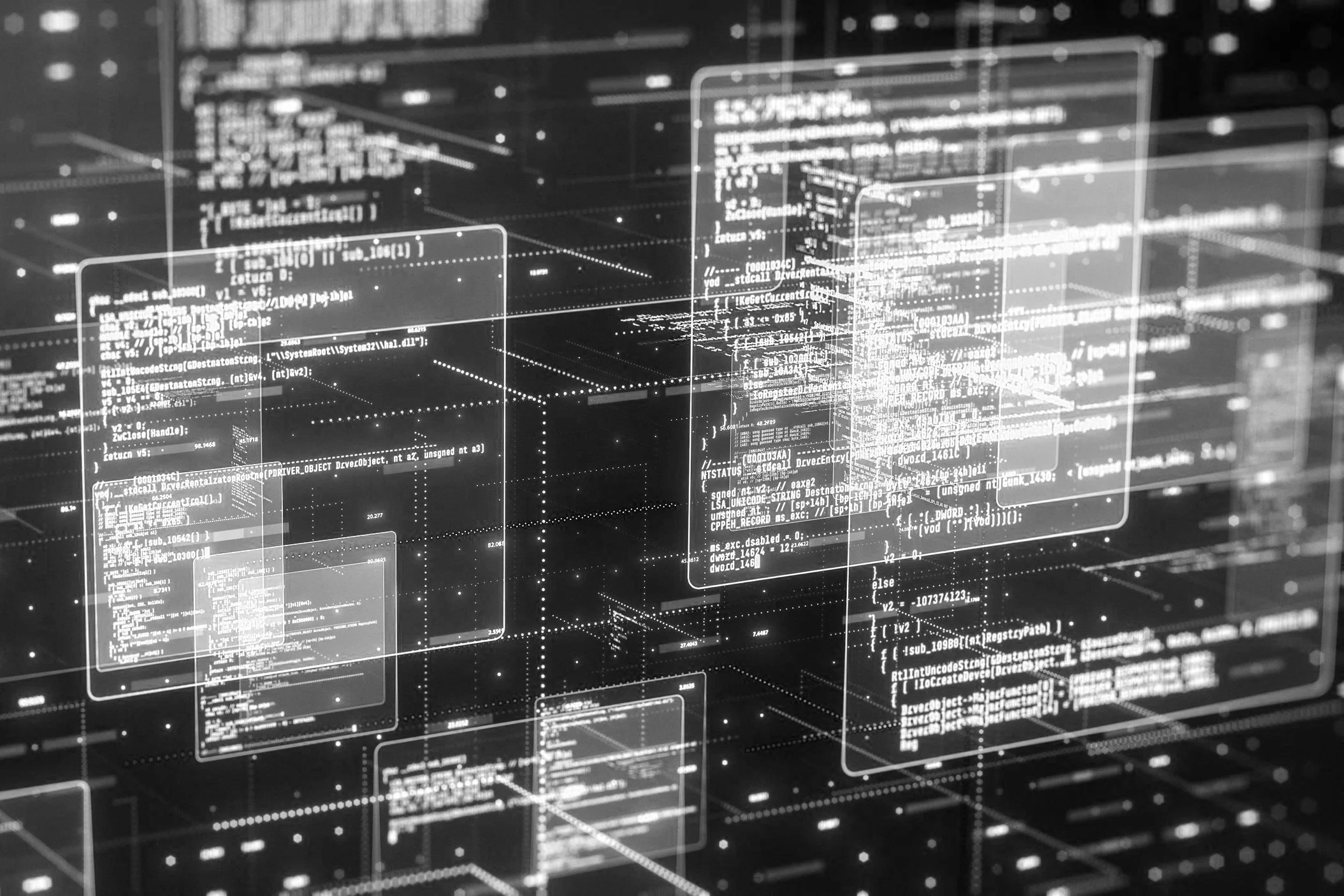As of August 2025, over 400 AI hallucination cases have been identified and logged in tracking databases, and the number is growing. So is the list of AI regulations. For ease of reference, we’ve curated a list of AI incident and litigation tracking resources.
A selection of newly published items in Foreign Affairs, Earth.org, National University of Singapore, RUSI Commentary, Washington Times, Financial Times, MSN, and Geopolitical Monitor.
Maybe the c-suite really does have to change and adapt to geopolitical uncertainty. Let’s assume for now that it does. There’s some prima facie logic to it. Then who, ultimately, should carry the load?
A dynamic reading list of the latest articles, essays, and reports on geopolitics and the c-suite, updated and reviewed for CKS clients.
Should the c-suite reconfigure itself to better navigate choppy geopolitical waters? There’s more at stake than theoretical staffing requirements and new leadership challenges.
CASE SUMMARY: This piece argues that China's official economic data is fundamentally unreliable because the government prioritizes political requirements over statistical accuracy, creating a major liability for investors. It highlights practices like "adding water" to provincial GDP figures and recent decisions to stop publishing data on capital outflows as examples of an opacity that erodes trust. The article concludes that this forces observers into a "cottage industry" of using proxy indicators, such as electricity consumption or railway cargo volumes, to try and discern the true health of the Chinese economy.
CASE SUMMARY: This analysis describes outer space as an increasingly "congested, competitive, and contested" geopolitical frontier, driven by the strategic value of satellite technology. It argues that the domain, once a "global commons" dominated by the US and Russia, is now seeing a host of nations like China, India, and Brazil develop their own satellite capabilities to assert "information sovereignty" and challenge US supremacy. The article concludes that this trend, coupled with an outdated legal framework, will lead to more frequent and problematic assertions of national interest in space.
CASE SUMMARY: This article examines South Korea's strategic use of the 1990 German reunification as a historical analogy to build public support for Korean reunification. It details the government's launch of an online archive of German documents to educate a populace increasingly concerned about the potential economic costs of absorbing North Korea. The piece concludes that while the project is a novel attempt to shape public expectations, critics view it as propaganda aimed at preparing for a North Korean collapse rather than a genuine, negotiated unification.
CASE SUMMARY: This report analyzes the severe media crackdown in Burundi following the failed 2015 coup, which has created a dangerous information vacuum. With independent domestic media silenced by President Nkurunziza's government, citizens and international observers lack reliable data to monitor the escalating violence and political repression. The article warns that this dearth of quality reporting not only means the crisis is globally under-reported but also risks allowing the situation to be mis-framed as a purely ethnic genocide, thereby constraining the prospects for effective international early warning and conflict prevention.
CASE SUMMARY: This article critiques the dominant Western media narrative that frames the South China Sea dispute as a simple, binary conflict between the United States and China. It argues that this oversimplification obscures the complex and long-standing territorial claims and strategic interests of multiple regional actors, including Vietnam, the Philippines, and Malaysia. By focusing only on the superpower rivalry, the media provides a limited view that reduces the pool of available data and hinders a more nuanced understanding of the region's geopolitics.
CASE SUMMARY: This piece examines Russia's 2015 data localization law, which mandates that the personal data of Russian citizens be processed and stored on servers within the country's borders. The article argues that while presented as a data sovereignty measure, the law imposes significant compliance costs on foreign technology companies, potentially acting as a "self-imposed sanction" that could drive away investment. It concludes that this policy risks isolating Russia from the global digital economy, which could negatively impact its long-term economic growth and political stability.
CASE SUMMARY: This report examines the BRICS group's attempt to create a unified front on global information security and internet governance as a challenge to US dominance. However, it reveals deep ideological divisions within the bloc that undermine this ambition. The article contrasts the "cyber-reactionary" stance of Russia and China, which favor state control over the internet, with Brazil's preference for transnational governance and the more market-based, liberal approach of India and South Africa, concluding that these ingrained differences make a meaningful consensus unlikely.
CASE SUMMARY: This analysis explores the escalating geopolitical rivalry between the United States and China over supercomputing, framing it as a new technological "arms race" for economic and strategic advantage. It details how China's development of the world's top-ranked supercomputer, Tianhe-2, prompted new US investment initiatives and trade restrictions on key components like Intel chips. The article concludes that this competition, driven by national prestige and security concerns, could lead to mutual exclusion policies that ultimately damage both nations' economic prospects.
CASE SUMMARY: This piece argues that China's official economic data is fundamentally unreliable because the government prioritizes political requirements over statistical accuracy, creating a major liability for investors. It highlights practices like "adding water" to provincial GDP figures and recent decisions to stop publishing data on capital outflows as examples of an opacity that erodes trust. The article concludes that this forces observers into a "cottage industry" of using proxy indicators, such as electricity consumption or railway cargo volumes, to try and discern the true health of the Chinese economy.
CASE SUMMARY: This piece analyzes the information campaigns surrounding the 2016 Brexit referendum, characterizing the public debate as a highly polarized "battle of ideas" where emotional narratives and political agendas often supersede objective facts. It notes that both the "Leave" and "Remain" camps have been accused of fear mongering, making it difficult for voters to find nuanced analysis. The article concludes that the campaign has been dominated by desperate domestic politicking, which has impaired the electorate's ability to properly evaluate the consequences of EU membership.
State concerns with sovereign entitlements are not new, but “sovereign AI”, a term of art now in active circulation, is breathing new life into familiar elements of statecraft and international relations. The promise and the peril of artificial intelligence, and the market and political influence wielded by AI technology developers, are headline preoccupations. Official bodies, from national governments to industry regulators, are taking a close look at what this means for their strategic and national security interests.












